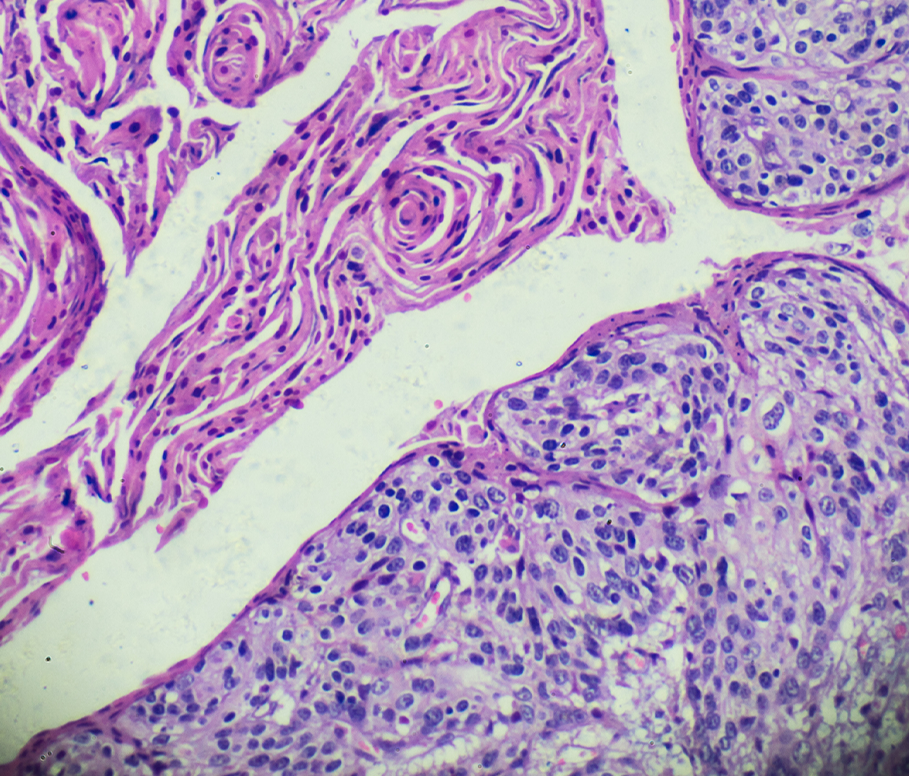This case study was adapted from a guest submission post on Innovate4Health.
Who:
Malaysian Professor Dr. Woo Yin Ling and Australia’s VCS Foundation
Challenge:
According to a Malaysian National Cancer Registry Report, cervical cancer is among the top three cancers in Malaysian women, but screening is virtually nonexistent. In fact, 87 percent of women in Malaysia never receive a common test for cervical cancer over the course of their lifetime. And for those who get screened at a government clinic, the wait for results is approximately three months.
Opportunity:
There is a significant need to boost cervical cancer screening rates, especially women aged 35 and older, which is why Dr. Woo, along with experts at the non-profit VCS Foundation developed ROSE (Removing Obstacles to Cervical Screening). This digital health program helps remind women to get a cervical cancer screening starting at age 35, enables self-testing, shares results quickly and tracks progress.
A robust IP ecosystem encourages and protects innovators like Dr. Woo and innovations like ROSE – and makes improved global health possible.
How It Works:
The ROSE system integrates the patient more closely into the screening process, beginning with patient registration via mobile phone at a government clinic. She is then given instructions for a self-administered test, which is more effective and sensitive in detecting human papillomavirus virus than existing techniques. After submitting the test to a registered healthcare facility, a woman receives her results via an SMS within three days. If the test results are abnormal, a woman calls a dedicated number for advice and quick referral to a health professional; otherwise there is very little equipment and professional manpower required.
By registering with ROSE, the system both helps prevent unnecessary repeat testing sooner than necessary while also helping to ensure women take the test twice more in their life. Overall, this technology makes the screening process more seamless, adaptable to a variety of settings, and more encouraging of follow-up screenings to ensure women are not at risk.
As a digital health program, intellectual property (IP) rights play a vital role in a number of aspects. The self-administering swab is an integral, patented innovation, as are the platforms programs and algorithms. Database rights also protect the valuable data stores as it flows from the patient to other actions in the care delivery chain. With a robust IP ecosystem in place, encouraging and protecting innovators like Dr. Woo, innovations like ROSE – and the benefits delivered for global health – would not be possible.


